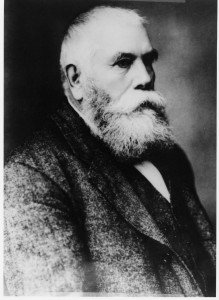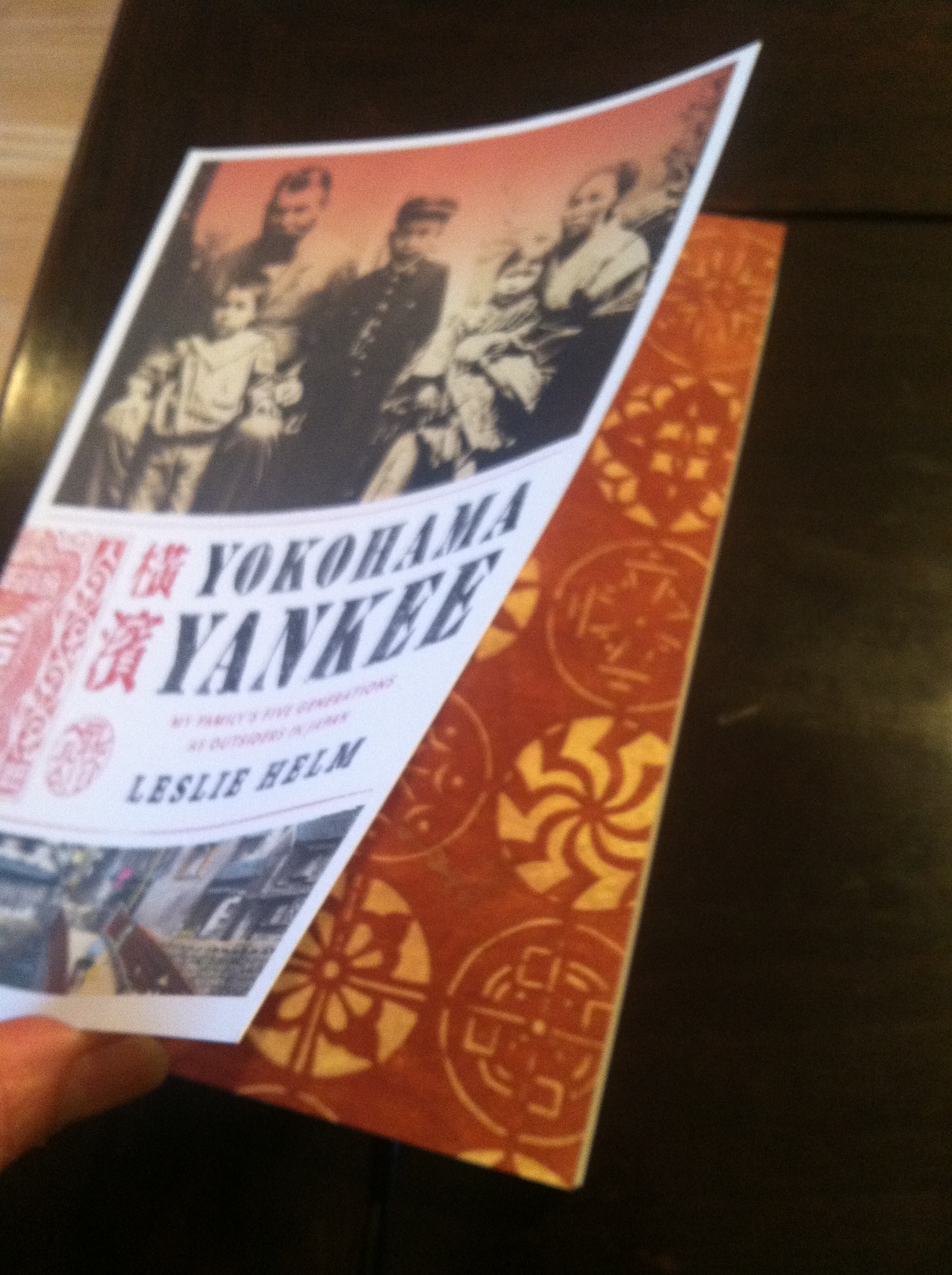One of the hardest parts of writing Yokohama Yankee was trying to get into the mind of my great-grandfather Julius. He is just so different from me. And his reminiscences include so few details. One early effort, not very successful I’m afraid, was to conduct an imaginary interview with Julius. Here it is.
l: Why did you leave Germany.
J: It seemed old. Set in its ways. I didn’t want to do what my father wanted me to do. I didn’t want to be responsible for all my siblings. I wanted to see the world. It seemed to me there was so many exciting things happening in the rest of the world.
L; but why not just stay in America.
J: yes it was different. It was exciting in its way. But once I had a taste for this new life, I wanted more. I wanted to keep encountering new experiences. It seemed to me that the only way to live was to keep moving. If you stayed in one place, life just got boring.
L: I did that in the beginning to. I just kept moving and moving. France, India, New York, JapanBoston, back to Japan. What got you into the Wakayama deal.
J; it was just too exciting to turn down. What an opportunity to see the real japan. And to be training soldiers. That is too funny. Japanese no less. I look at the rickshaw man and I cannot imagine him in a uniform. These small fellows with their stern features and their quick smiles. I cannot imagine them with a musket.
J; and then we arrive and these fellows are training with sticks. Can you imagine that. The are marching around like a lot of little boys with sticks thrown over their shoulders. It was a challenge to me to try to make these men into real soldiers. Koppen had done a pretty good job with the officers. But the regular soldiers. That is another story. I had these young samurai fellows and these old guys.
L: yes yes. But what did you feel about Japan. Did you fall in love with it?
J: What a notion. Love? I don’t know. I suppose I loved Germany. Japan. It was this strange place. Everything about it was strange. Did I fall in love with it. No. But I was entranced by it. Every little thing caught me as if I were in some strange fairy tale. The way the ladies are so demure. They may give you a brief glance then they hide their faces. They cover their mouths when they smile. In front of the large warehouses where they sold the material for their kimono. The women would gather and gossip. There I would hear them laugh like I had never heard them laugh in Yokohama.
There was something about the poorest peddler. The way he balanced his tree hung with pots and pans that was twice his height. He never seemed to tire under his load. He called out a strange tune as he walked in the streets calling for customers. There was a moaning quality to it. At first I found it noisy and disturbing. But then I found it lonely when the sound was not there.
How about Wakayama?
The young girls who carry their baby brothers on their backs. The ladies working in their blue pantaloons in the muddy rice fields. It is all just so beautiful. It is all just so charming. I can just walk and walk and never get tired of it. There is something about the countryside that you do not find in Yokohama. There is a community. There is a sense of belonging. Wakayama had that.
L: How did they treat you in Wakayam.
J: like a god. They thought I was just the greatest thing. They thought I could do magic. I was always showing them how they could do things better. Not just bridges and tunnels. I showed them knots that would keep their shoes tied. And they were showing me all manner of things. I took my first Japanese bath there in one of there large metal tubs. You have to wear wooden geta so you don’t burn your feet because a fire is lit under the steel tub.
They showed me how to use a Japanese bow. The Japanese could shoot the bulls eye of a target while galloping on horseback. I guess what impressed me most was their desire to learn. Once they decided to learn, they worked very hard. They learned quickly. They were not at all like those lazy men on the docks in Yokohama.
They still seem to me like dolls. It is inconceivable that fully grown men and women can be so small. When they walk beside me they take two steps to my one, like children.

Thanks for sharing. I had to learn these history increases. I enjoyed reading.